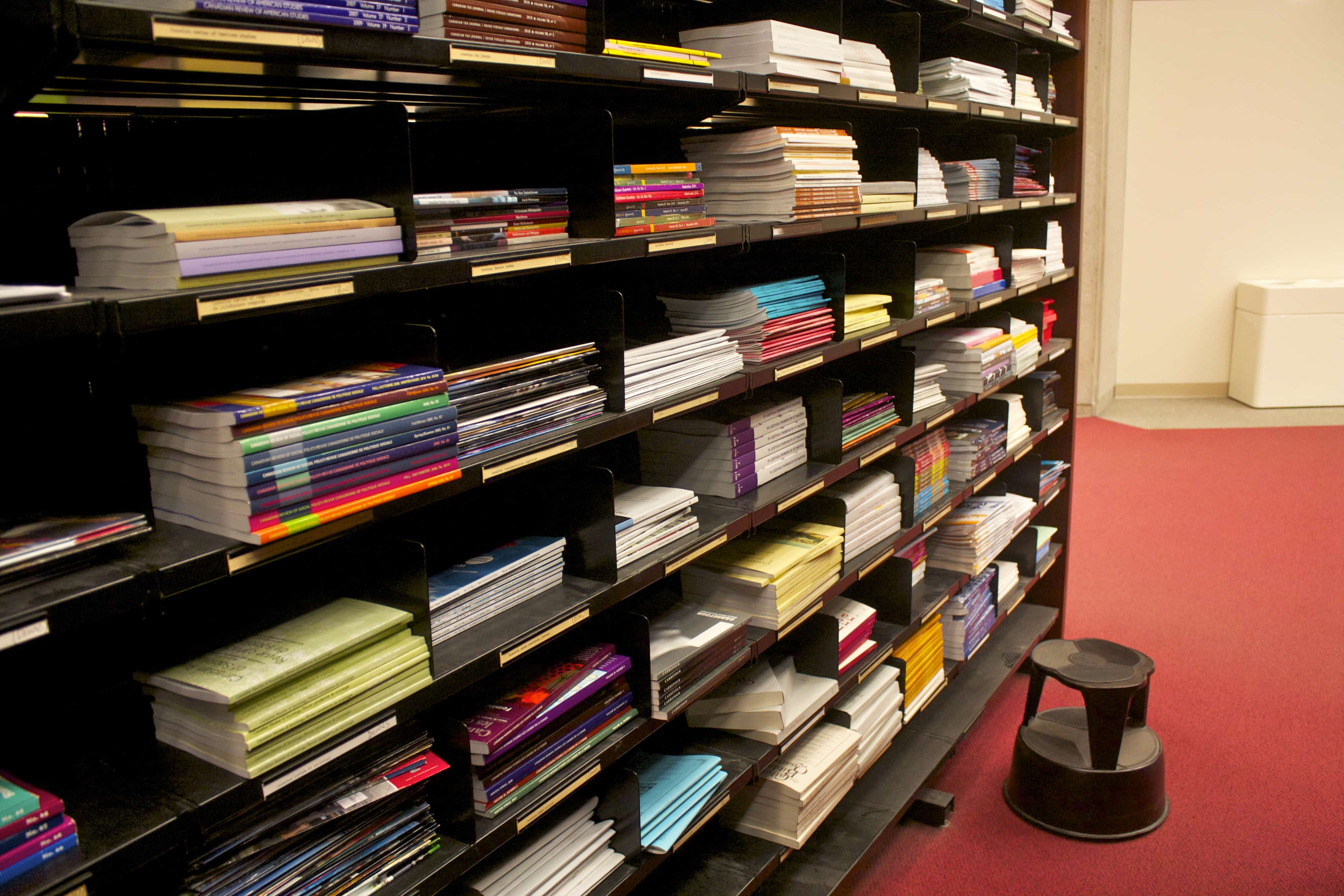The University of Toronto has decided to end its license with Access Copyright. The announcement was made on Thursday, December 11, with U of T opting to handle its copyright dealings without the company’s assistance. The license cost U of T students a fee of $27.50 per year.
“This is a significant victory that will save students over $1.5 million annually and is the result of a campaign led by students and faculty,” said Agnes So, vice-president, university affairs of the University of Toronto Students’ Union (UTSU). “I am glad that the University of Toronto has listened to our concerns and ended the collection of a fee that many students saw as a cash grab.”
In a press release, the university stated that it was unable to reach an agreement with Access Copyright at a price that was fair for the services the company provided. It cited changes in copyright regulation — including the alterations to the Copyright Act made in 2012, the Supreme Court’s expansive approach to fair dealing, changing technology, and increased availability of open access material — as reasons for why the price of the license was no longer fair. Other universities have decided to end their license with Access Copyright, including the University of British Columbia (UBC), Queen’s University, and York University. Access Copyright sued York in April 2013; the case is being closely watched across the education sector, as it is widely seen as the first real test of two competing interpretations of recent changes to the law.
Western University was in negotiations with Access Copyright at the same time as U of T. It has also chosen not to renew its license.
The UTSU has long advocated the end of the license in favour of a university-run copyright department, similar to the systems currently operating in other schools in the country, such as UBC. The union repeatedly said that the $27.50 fee was unnecessary and could be better spent elsewhere.
Access Copyright released a statement expressing its discontent with the termination of the agreement. The company believes the university will now attempt to mimic its services by relying solely on fair dealing guidelines — a process that, according to the company, is untested and unlikely to work. Access Copyright holds that the interpretation of the fair dealing regulations used by the university is too broad, and not in accordance with what the Supreme Court’s ruling actually implies.
The company’s statement implied that under the university’s new model, creators and publishers whose work is used by the university would not receive the royalties they deserve. The university’s statement outlines that it intends to continue its compliance with copyright law, and make proper use of other licenses and fair dealing guidelines. The faculty will continue to be educated on how to comply with copyright law. Expert resources on the matter are available through U of T Libraries. In response to accusations that it does not support Canadian publishers and creators, the university mentioned that it spends $27 million annually on library acquisitions, and supports scholarly publishing through the University of Toronto Press. U of T hired Bobby Glushko, a copyright librarian, earlier this year. Glushko will head a copyright office intended to help faculty and students navigate the new copyright terrain.


